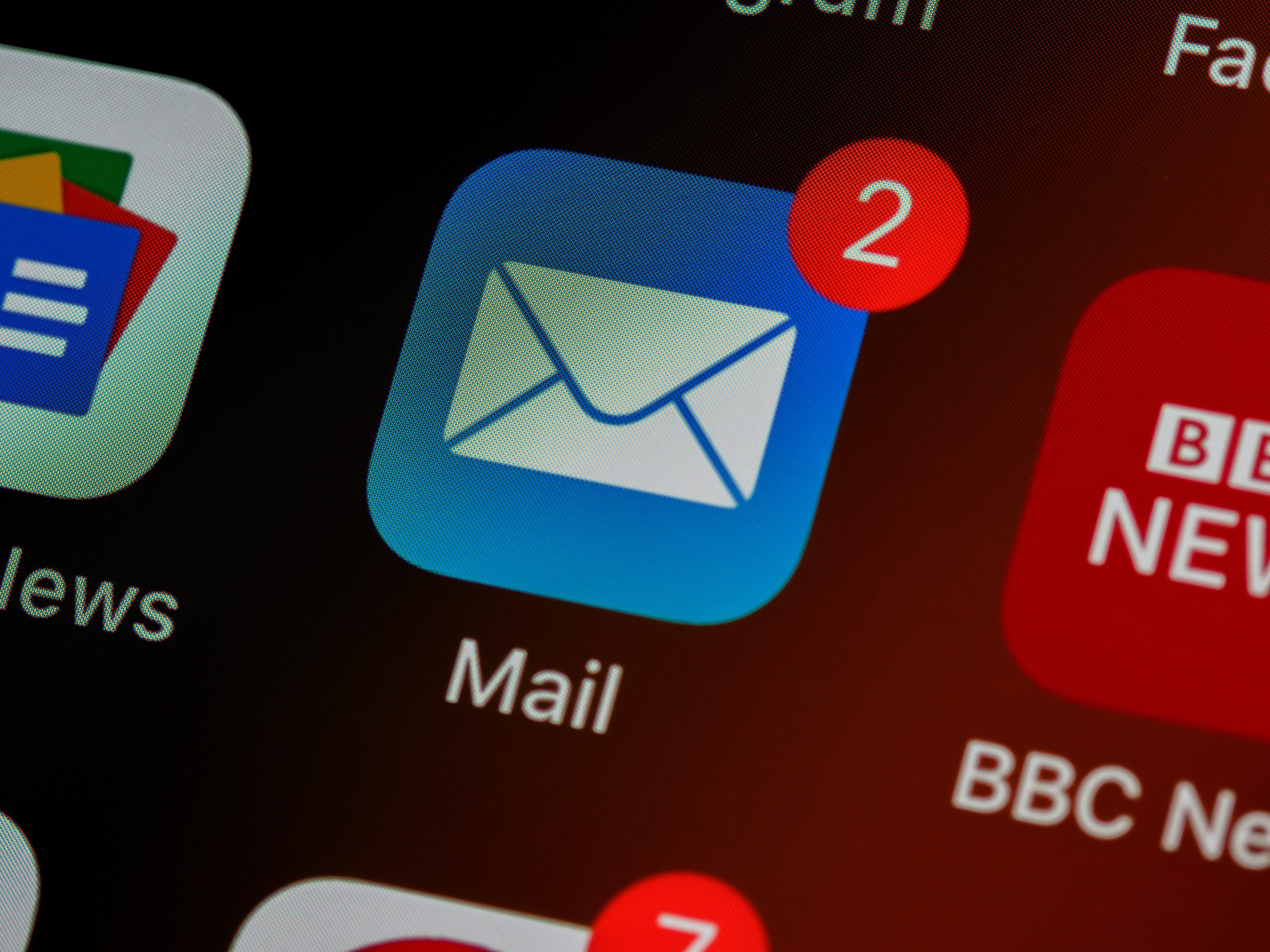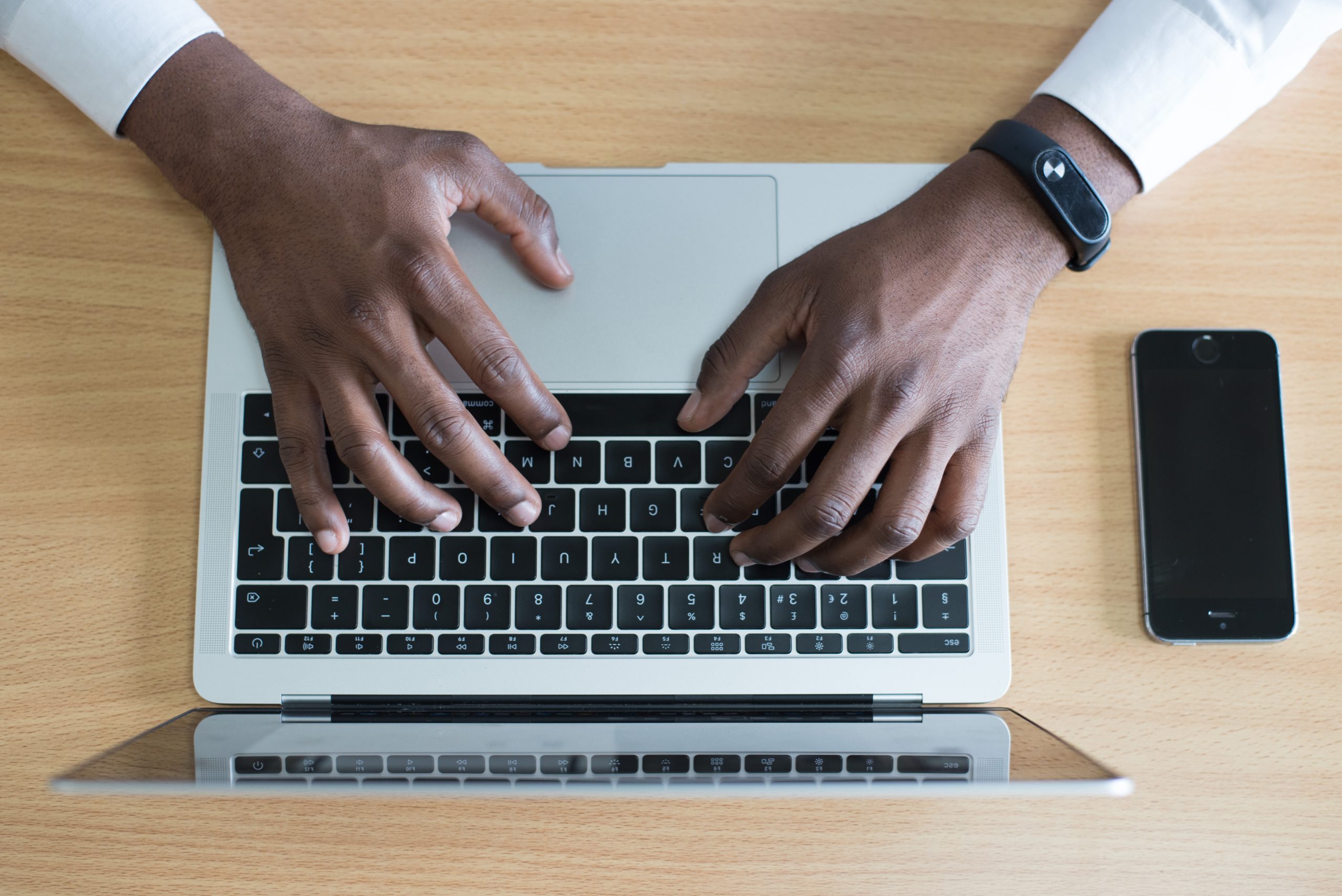Innovative technologies have become an inseparable part of our lives, significantly enhancing our daily experiences. Hardly can we imagine our routine today without the convenience that technology provides. These advancements make our lives noticeably easier; however, they come with some considerations.
We trust technologies with vast amounts of personal data, so we must carefully adhere to security protocols to safeguard against potential data leaks.
In this article, we will focus on email security. Therefore, if email serves as a crucial channel for your business communication and you want to know how to ensure internet safety while using email, let’s delve into more details.

Importance of Staying Safe Online
Online safety is critical in the digital age, especially for professionals who rely on online platforms for marketing and engagement. This is especially important for professionals who deal with large amounts of user data. They need to safeguard both personal and customer information to maintain trustworthiness. Taking proactive actions to improve security measures is therefore a wise move that provides significant advantages to businesses.
Let’s have a look at an example of how many opportunities open up email marketing for photographers like showcasing portfolio, building brand awareness, making promotions, engine clients and much more. However, giving photographers your email address for photo updates may have more serious consequences than you think.
By subscribing to photographers’ channels you grant them access to your private information. Without appropriate security measures, this sensitive data becomes vulnerable to potential breaches, compromising both the photographer’s and the client’s online safety.
Steps to Ensure Email Security
Whether you aim to enhance email safety for personal or business purposes, there are crucial security protocols that are worthwhile to follow. We recommend maintaining a cyber security checklist that encompasses the following key steps.
Use a Strong Password
When it comes to boosting the digital security of the platform you use, applying a strong password probably comes first. A weak password stands out as a major security risk, making it significantly easier for hackers to breach your account and gain access to your personal data.
Therefore, opting for a robust and unique password is essential. Basically, your password must include numbers, upper and lower letters, symbols, and be longer than eight characters. Additionally, escape using personal information such as your name, phone number, or birthdate in your password.
Enable Two-Factor Authentication
One of the great practices for securing your mobile apps is employing two-factor authentication (2FA). The same principle works for email too. 2FA serves as an additional layer of security for your account.
Each time you log in, you will be required to enter a code or PIN alongside your password. Therefore, even if someone hacks your password and attempts to log in, they won’t succeed without the 2FA code.
Use a Secure Website
Accessing a secure website is crucial to ensuring the safety of your online activities. You probably know the difference between HTTP and HTTPS encrypted connections, so when accessing your email account, make sure you use a secure, encrypted connection to keep your data safe.
To make your log-in more secure, it is also advisable to use trusted networks. Though we feel satisfied with having free wifi access on the go, sometimes it is better to avoid accessing your email over public Wi-Fi networks, as they may pose security risks.
It is also important to ensure your users access your website through a secure network and follow security protocols to ensure their data safety. For example, if you have an educational app and want to secure your online learning platform, first implement an SSL certificate, then strengthen the login system by enforcing the use of robust passwords that include a combination of letters, symbols, and numbers.
Only accept strong passwords as a requirement. Additionally, encourage the adoption of 2FA. These proactive measures will significantly elevate the security and reliability of your platform.
Use a Reputable Service Provider
Another important step to ensuring your email security is selecting a reputable service provider. Ideally, reputable providers like Gmail, Outlook, iCloud Mail, etc. provide robust security measures, helping safeguard user data from potential threats. Plus, these kinds of providers come with encryption protocols, regular security updates, and a commitment to privacy.
You can also utilize some platforms to analyze email features and get insight into the best time to send emails, access response rates, send an automated response letter, and much more. Just make sure you use trustworthy platforms. You may consider apps like Mailchimp, SendinBlue, or HubSpot.

Regularly Backup Data
Regular data backups can enhance your data protection and recovery. You can implement automated backup solutions that store your data in secure off-site locations. It is advisable to back up your important data at least once a week. You can also automate these processes to ensure that the most recent information is stored, thus minimizing the risk of significant data loss.
Bottom Line
Prioritizing email safety is important in order to protect your and your customers personal information. By adopting and consistently following robust security protocols, using strong passwords, enabling two-factor authentication, regularly backing up important emails, and the like, you can significantly boost your defenses against potential cyber threats.



